The changing international climate has re-emphasized the need for the U.S. to continue development of its missile defense programs and to reconsider military budget cuts made several months ago, said North Alabama's U.S. congressman.
Using the podium at the 11th annual Test Week at the Von Braun Center South Hall on June 2 as an opportunity to relay his stand on missile defense, Rep. Parker Griffith said the U.S. cannot afford to back down from developing missile defense programs that will protect freedom around the world.
Test Week is the only Department of Defense sponsored conference that focuses on the issues of test and evaluation. This year's conference theme was "Changing our Test and Evaluation Processes to be More Responsive to the Needs of the Customer: Right Size, Right Price, Right Stuff, Best Value." The four-day conference included presenters from industry, the political arena and government agencies to share their views on how to better support the joint war-fighter.
Saying that recent actions by the "rogue states" of Iran and Korea "puts us on edge," Griffith told his audience of about 900 test and evaluation experts that the "decision made six months ago because of budgetary concerns leaves much to be desired in how we approach national security."
He called the recent assortment of defense cuts "problematic" and said "I believe additional discussion is needed. I'm not satisfied with the decisions that have been made."
Every day, it becomes more evident that the U.S. is "dealing with countries that are unpredictable. They are not considerate of their own citizens, so why would they be considerate of our citizens'" Griffith said.
"Iran, North Korea and other rogue states have weaponry to challenge the free world. It is an unpredictable future. I'm not sure what North Korea is going to do or what Iran's intentions are. But I am sure that it's not good for us. We can at least draw that conclusion without getting too specific."
As a member of Congress's Science and Technology Committee and a longtime physician from Huntsville, Griffith has an understanding of what a strong missile defense means to the nation and of the contributions Huntsville's science and engineering community has made to the nation's military strength.
Huntsville, he said, "is in the heart of missile defense. We've got a culture here that has developed over many, many years. It is a calling, a culture, a commitment that can't be interrupted and then expected to be put back together at a moment's notice."
He urged the Test Week audience of engineers and scientists to get involved and speak out on issues pertaining to missile defense.
"Oftentimes, those in the science community are so interested in what they do for a living and are so caught up in their work, that they don't feel the political arena is where they should be," he said.
"Your work makes you immune to the process and you leave it to someone else. But we value your opinion. We need your input. This is a science endeavor that deserves much consideration ... thoughtful, thoughtful consideration."
Griffith called for a "multi-layered missile defense" that develops weapon systems in the boost, ascent, midcourse and terminal phases needed to provide ballistic missile defense worldwide. He said all areas need funding for additional research, development and testing.
"Testing is what it's all about," he said, directing his comments to the Test Week audience. "Testing is where the rubber meets the road as far as where our weapon systems are concerned today."
Griffith's strong stand on missile defense was reiterated by other speakers during Test Week, including Dr. David Chu, president and chief executive officer of the Institute of Defense Analysis, a non-profit corporation that administers three federally funded research and development centers to assist the U.S. government in addressing important national security issues, particularly those requiring scientific and technical expertise; and Maj. Gen. David Eichhorn, commander of the Air Force Field Test Center.
Chu said today's environment and its changing circumstances make it more difficult for the U.S. to know how to respond to threats.
"We no longer enjoy the certainty that guided us in the Cold War where we had one opponent and we understood that opponent," Chu said. "Nothing is further from the truth today. We don't know the challenges. No one knew in 2001 that we would put special forces back on horseback or we would use B-52s" to launch missiles in Operation Iraqi Freedom.
The U.S. also doesn't know the shape of the next threat its military will confront - a low-tech counterinsurgency or a high-tech conflict.
The challenges the U.S. defense strategy faces are further complicated by a lack of competition between a smaller community of contractors; military infrastructure and equipment that is outdated; a declining defense budget at a time when the U.S. is fighting two wars; the lack of an influx of science talent from other nations and a series of significant procurement failures.
"This is a very different world than the one which we operated in in the past," Chu said. "And it affects the test community."
Developmental testing is critical to understanding technology, yet at the same time it must be managed in an uptempo environment where new systems are developed and procured to meet immediate needs in theater, he said.
"The test and evaluation master plan focuses on key characteristics of new systems that differentiate them from other systems ... The question is 'Does this system work as advertised'' ... Testing gives us a sense of what a system can really do and that's more important than ever before," Chu said.
Eichhorn of the Air Force Field Test Center said the Department of Defense is facing a multi-dimensional problem.
"We are missing most of the problem. We are missing most of the solution ... You've got to know which question to ask," he said.
The test environment exists so that the right questions are asked and to "ensure the program manager is buying what they think they're buying ... Test is the most controversial part of the acquisition process."
The research, development, test and evaluation processes the Air Force as well as other military branches employ are providing military systems that have quality, responsiveness and adaptability, Eichhorn said.
In the acquisition process "we have to be adaptable and responsive and understand what questions have to be answered," he said.
The test environment will get stronger as the military enterprise is established and government entities work together to provide the best systems for war fighters, he added.
"We must foster a collaborative environment across test centers to advance the state of the art, to field, to sustain and to upgrade" military systems such as the Air Force's electronic warfare capability, Eichhorn said.
"The development, test and evaluation enterprise gets its value from collaboration and innovation. It necessarily forces people to do the hard work that inherently makes this country great."
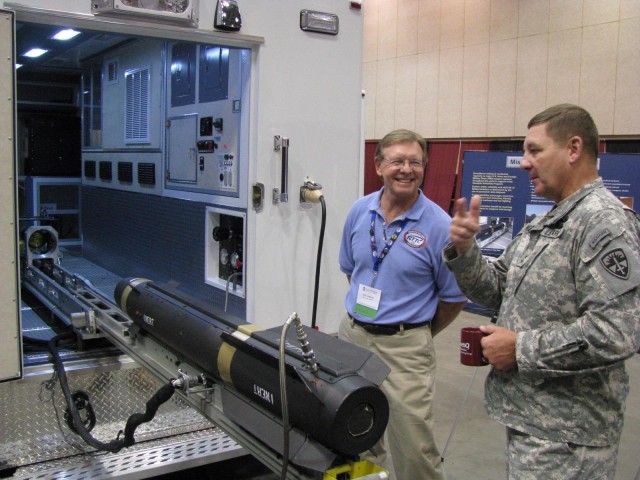
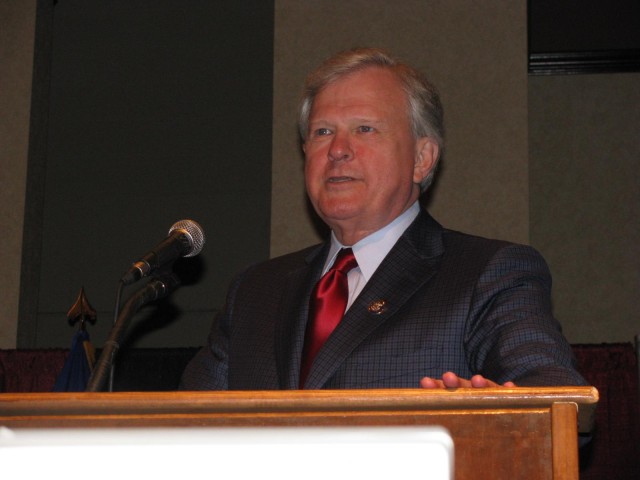
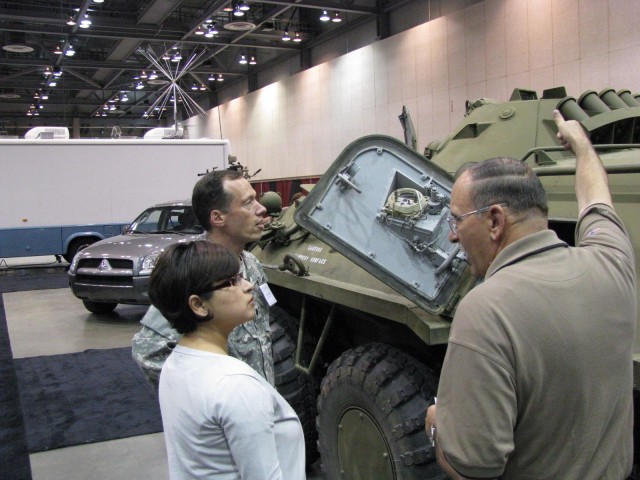
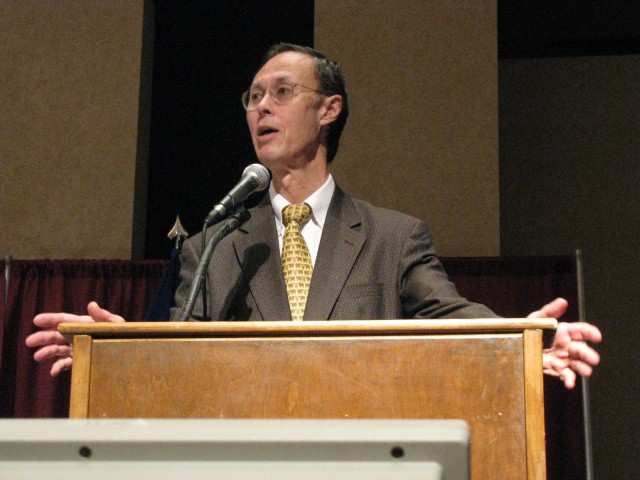
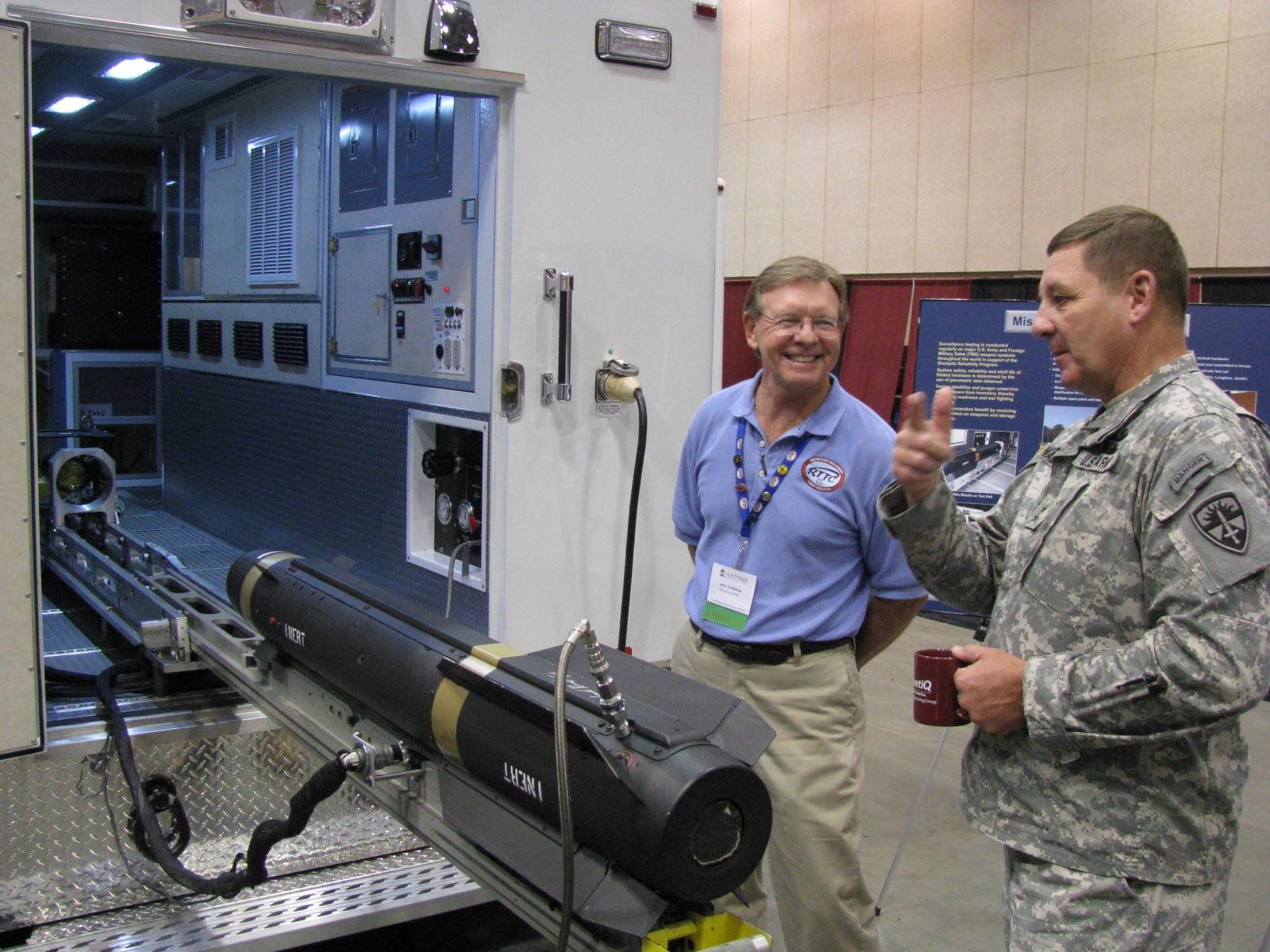
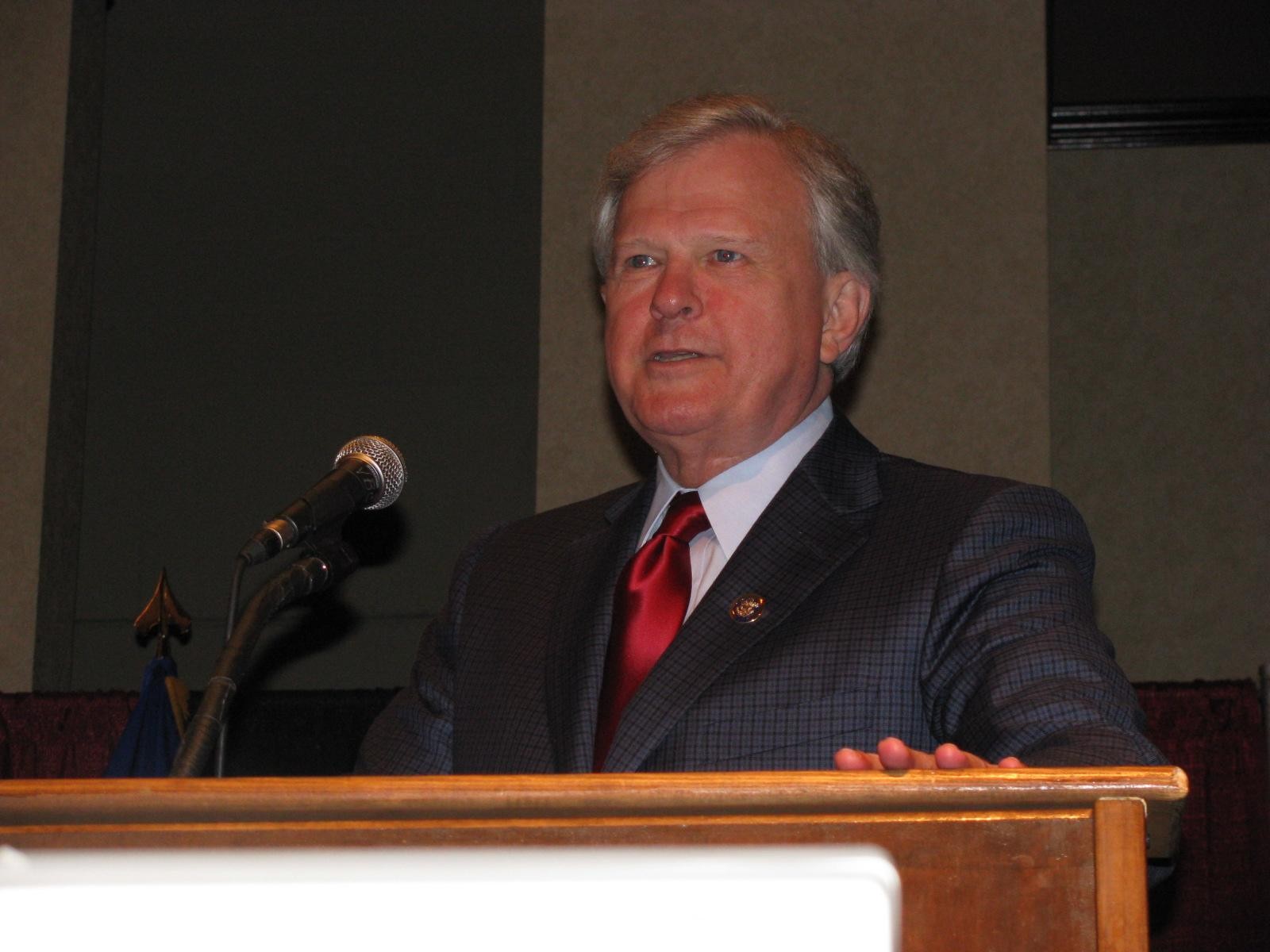
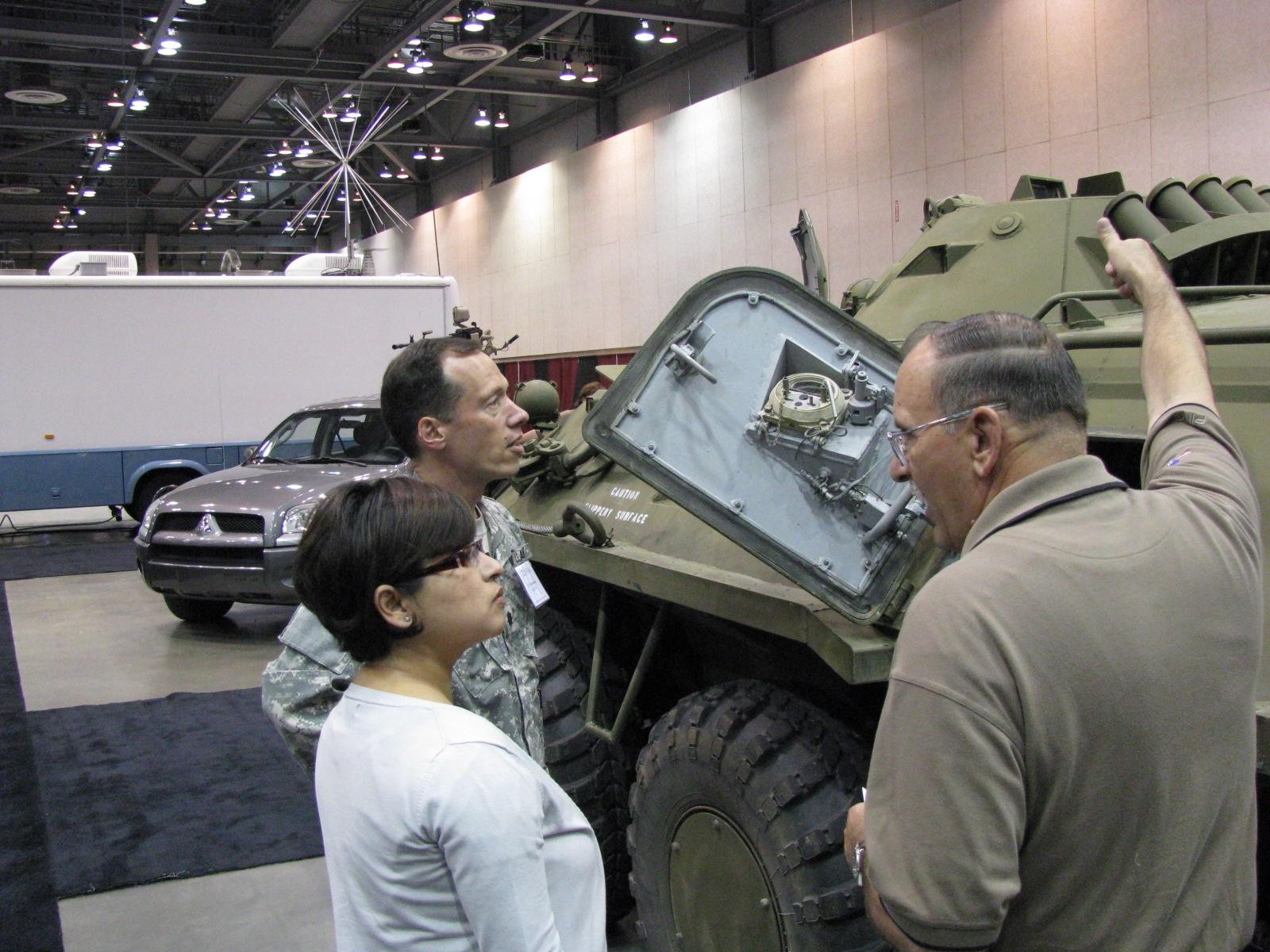
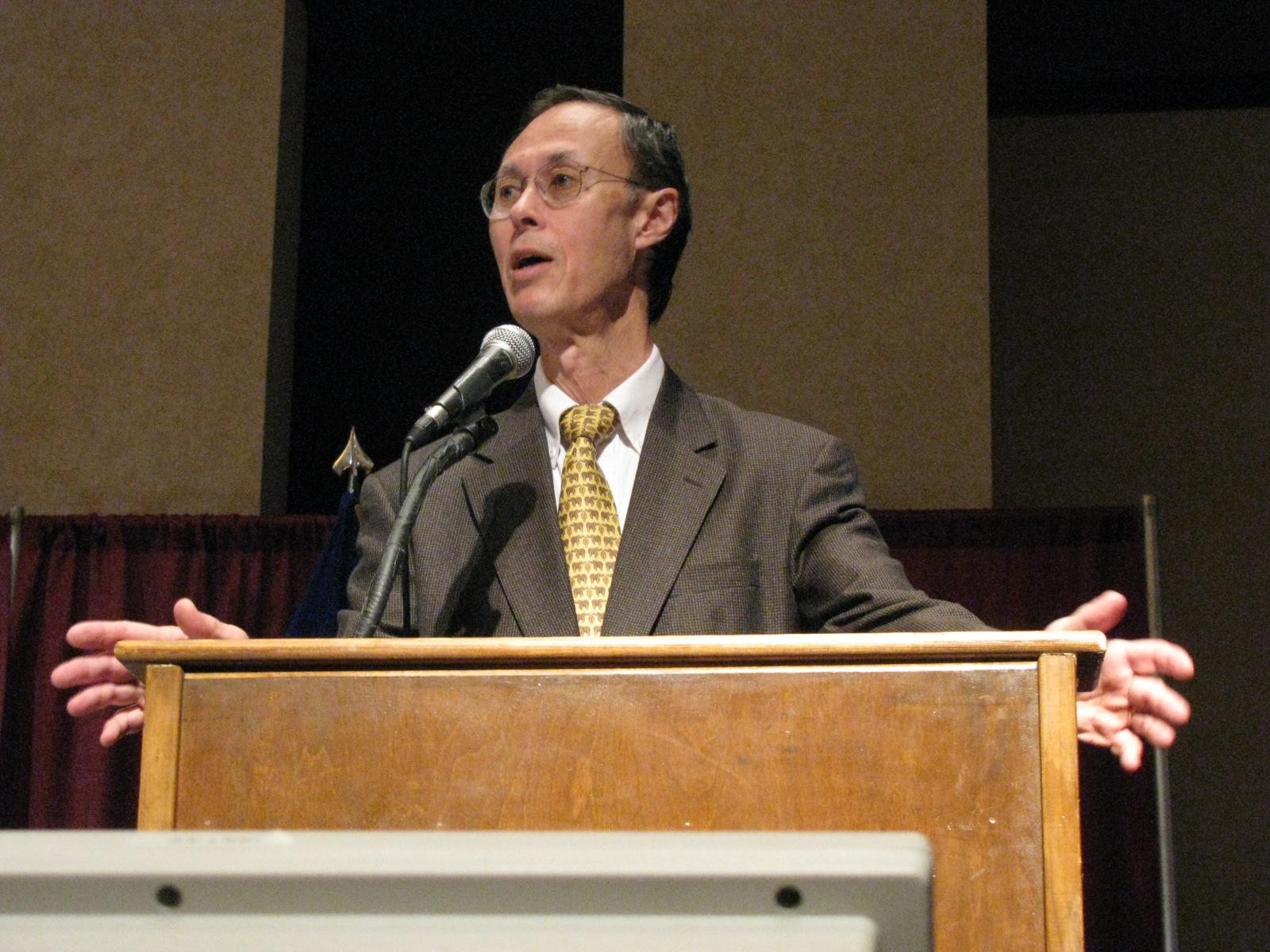
Social Sharing